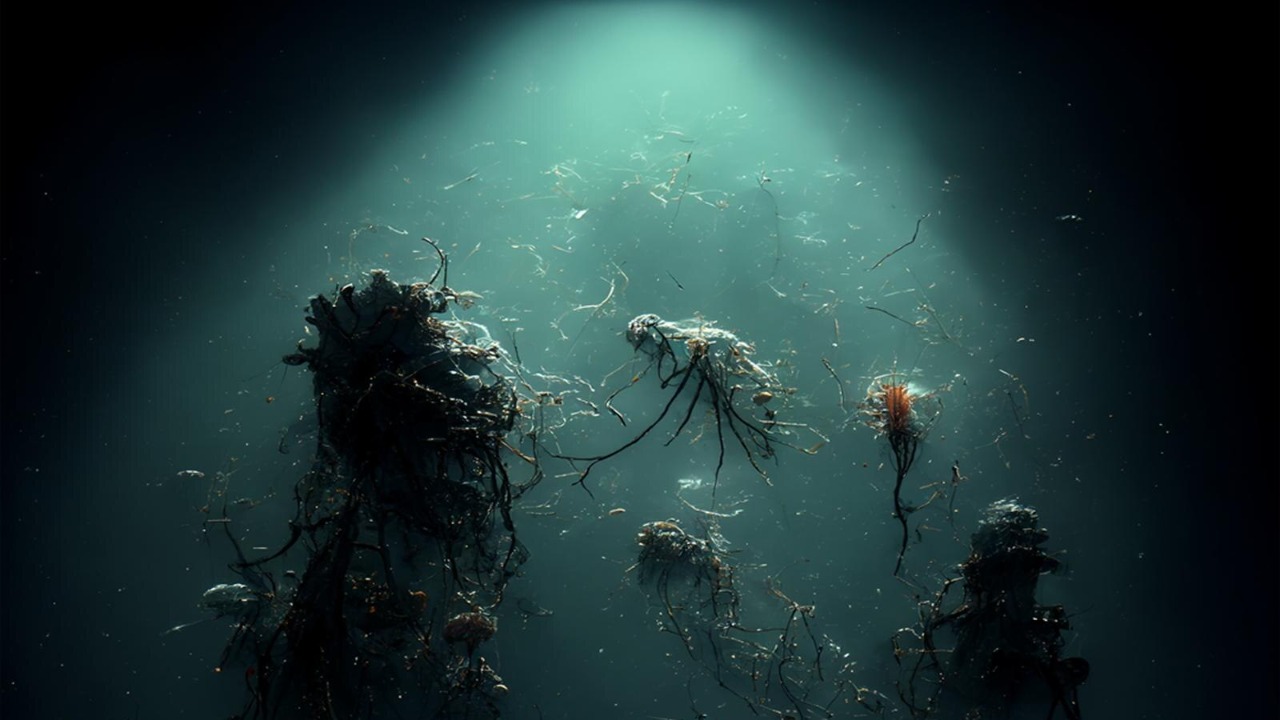
Imagine the vastness of our oceans, home to an estimated millions of undiscovered species, a number now being quantified by artificial intelligence (AI). As we delve deeper into the marine world, AI is playing a revolutionary role in exploring and estimating marine biodiversity, reshaping the future of marine biology.
The Mysteries of Ocean Biodiversity
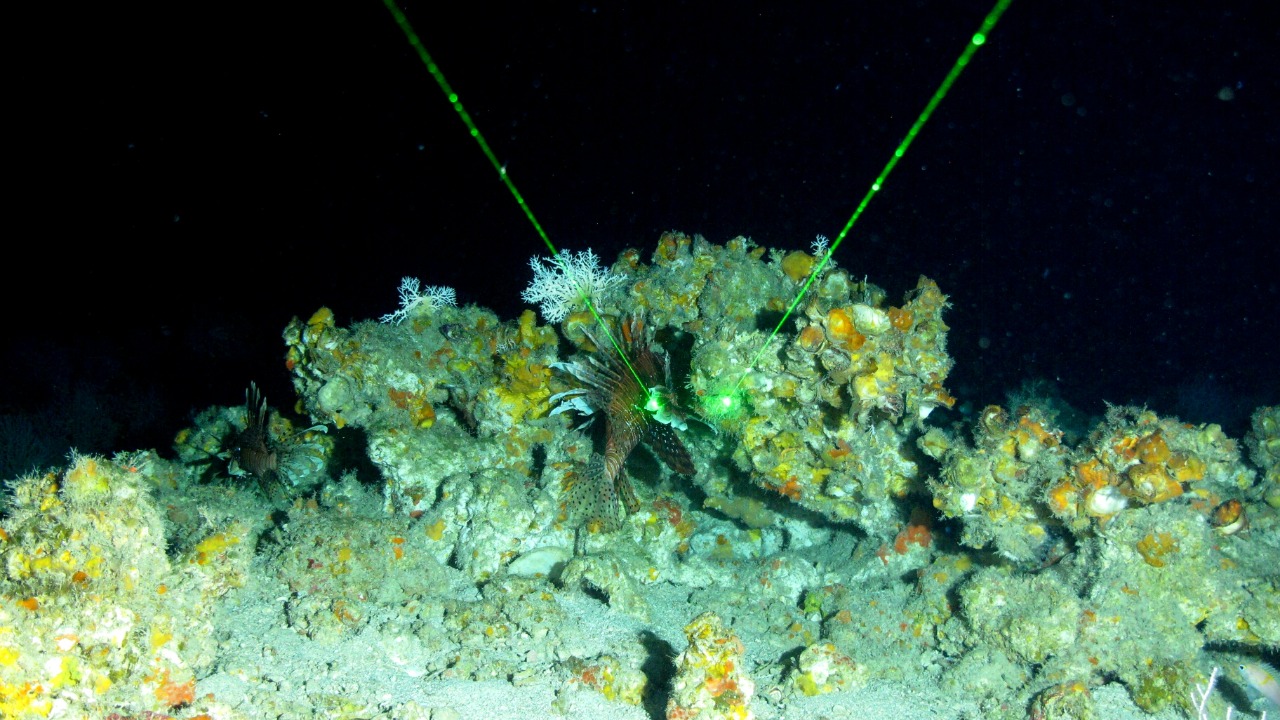
The ocean, covering more than 70% of the Earth’s surface, is a treasure trove of biodiversity. Yet, despite its size and importance, our understanding of marine species is limited. Factors such as the vastness of the ocean, the extreme conditions in the deep sea, and the elusiveness of many marine species make it difficult to accurately estimate the sheer number of undiscovered species.
Even with advanced technology, large portions of the ocean remain unexplored. According to a study from HowStuffWorks, only about 5% of the world’s oceans have been explored. This lack of exploration leaves a vast realm of unknown biodiversity, waiting to be discovered.
The Role of Artificial Intelligence in Marine Biology
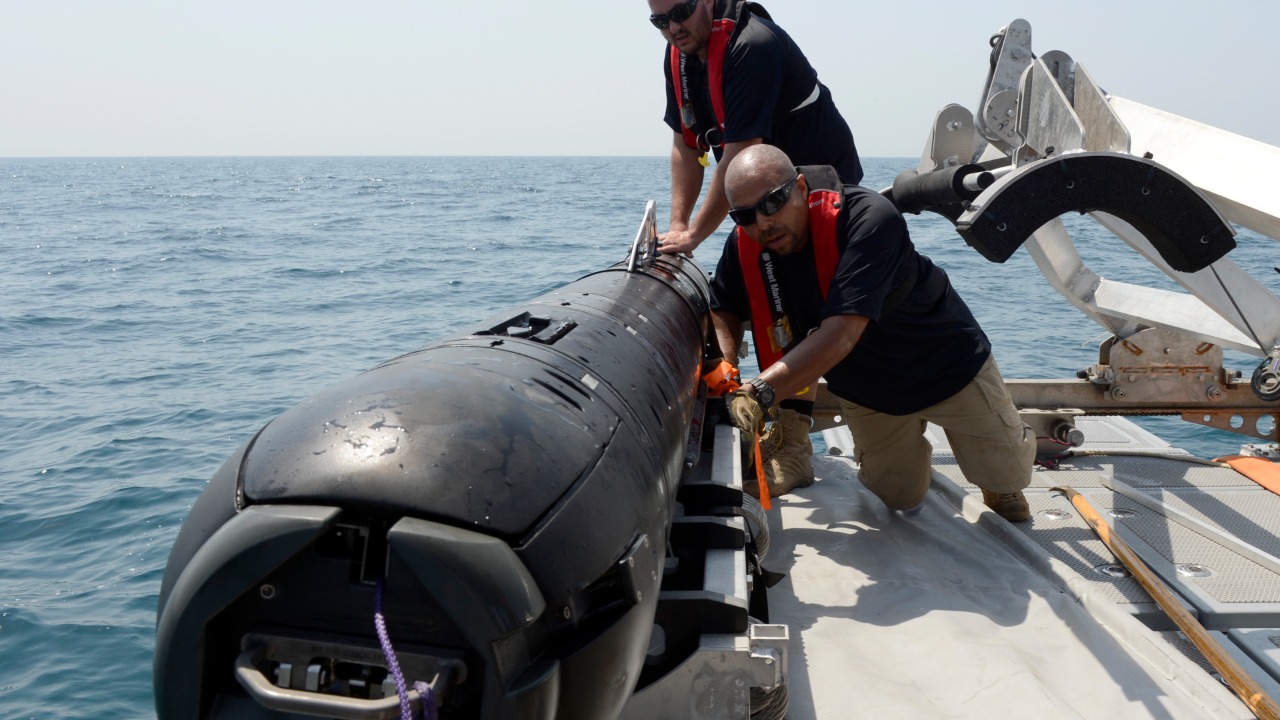
AI is increasingly being used to aid in the identification and classification of marine species. Machine learning algorithms, a subset of AI, can analyze images or sounds and identify species based on patterns that might be too subtle for human observers. This approach is particularly useful for analyzing large amounts of data quickly, which is often the case in marine biology.
The use of AI in marine biology is not without its challenges. However, the technology’s potential to accelerate the discovery and understanding of marine life is vast. The impact of AI on marine biology is becoming more evident as more research institutions and conservation organizations adopt these technologies to enhance their research capabilities.
The Use of AI in Estimating Undiscovered Species

AI is revolutionizing how we estimate the number of undiscovered marine species. Complex AI algorithms analyze existing species data and extrapolate to estimate the number of unknown species. This method, although not perfect, provides a far more accurate estimate than previous methods.
There have already been several successful case studies of AI estimating undiscovered species. One example is the use of deep learning algorithms to analyze millions of underwater images, leading to the discovery of new species of sea cucumber. These successes demonstrate the potential of AI in uncovering the mysteries of our oceans.
The Challenges in Exploring Ocean Depths
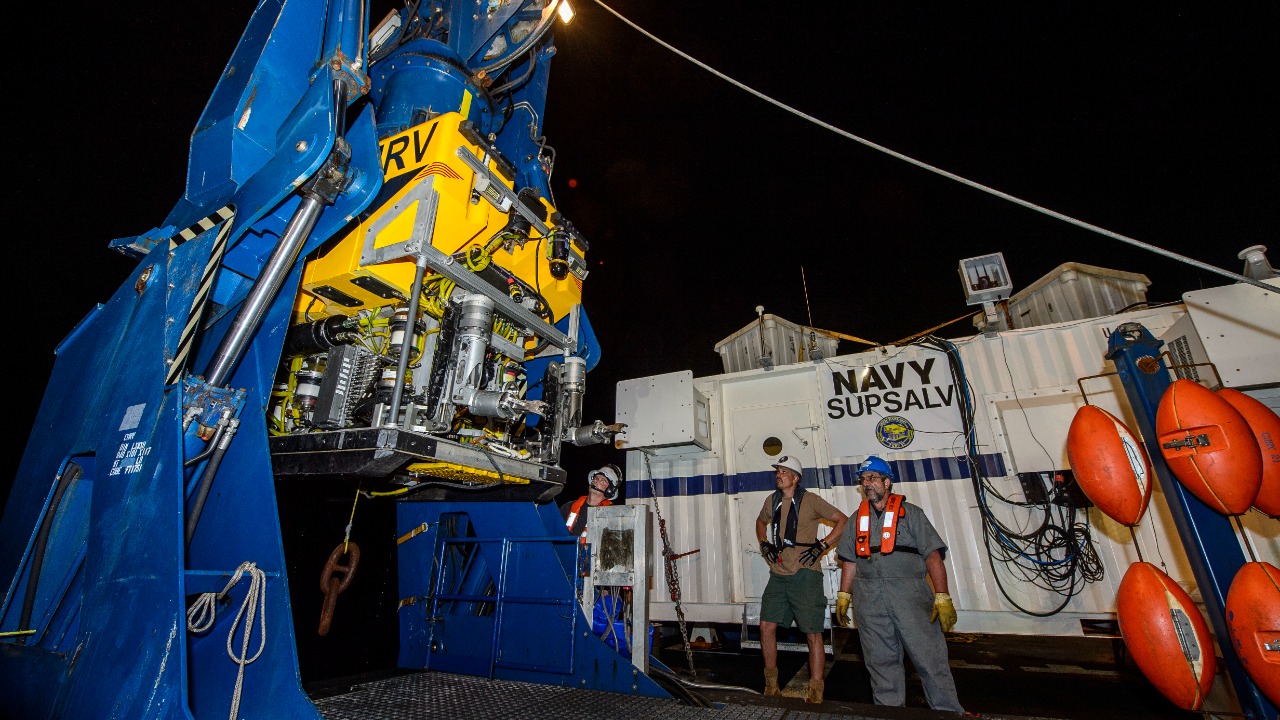
Exploring the deep sea is fraught with challenges. Technological limitations, such as the lack of robust submersibles capable of withstanding the extreme pressure, temperature, and darkness of the deep ocean, hinder our ability to explore these depths.
Moreover, the ocean’s harsh conditions pose significant challenges. The high pressure, low temperatures, and complete darkness make it difficult for humans and technology to operate. These conditions also make it challenging to study marine life in their natural habitat, often leading to incomplete or skewed data.
The Potential of AI in Overcoming Exploration Challenges
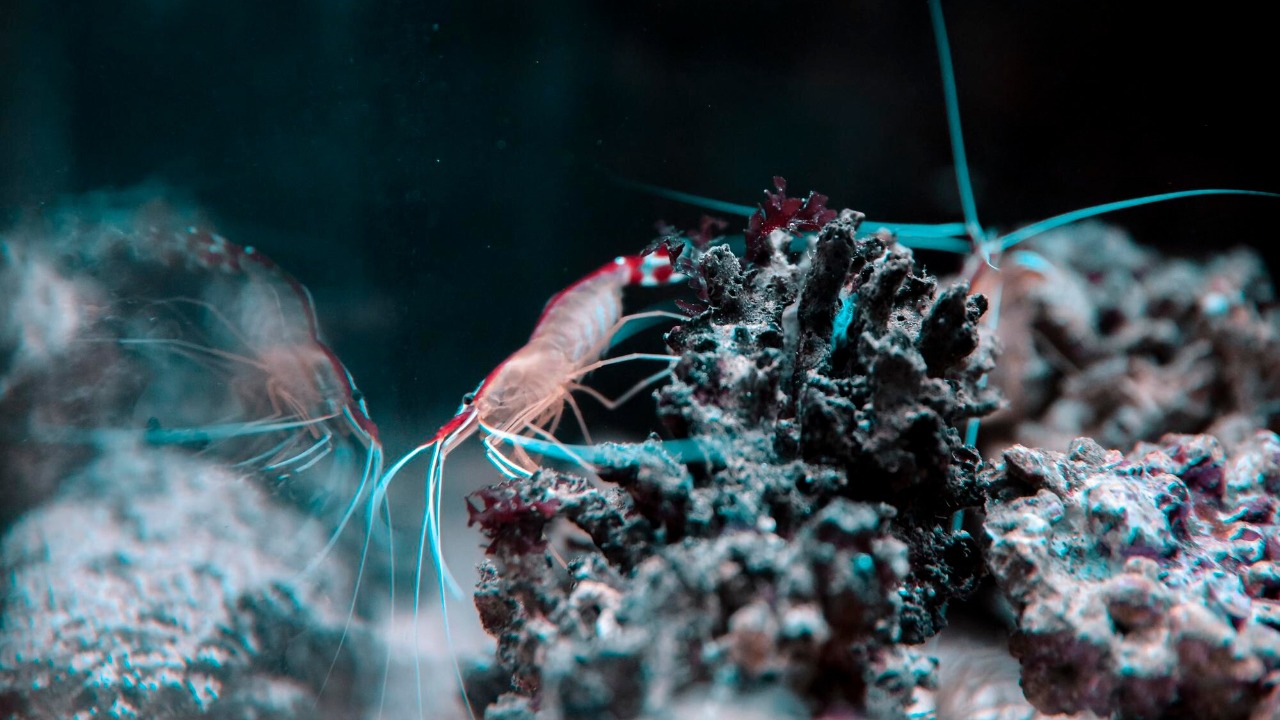
AI holds great potential in overcoming these exploration challenges. For instance, AI is being used to develop advanced underwater vehicles that can navigate the deep sea autonomously. These vehicles, equipped with AI-driven imaging and sensing technologies, can capture high-quality data about the deep-sea environment and its inhabitants.
Moreover, AI can vastly improve data collection and analysis in marine biology. By automating the process of identifying and cataloging marine species, AI can significantly reduce the time and resources required for these tasks, making it easier for scientists to focus on their research.
The Impact of Discovering New Species
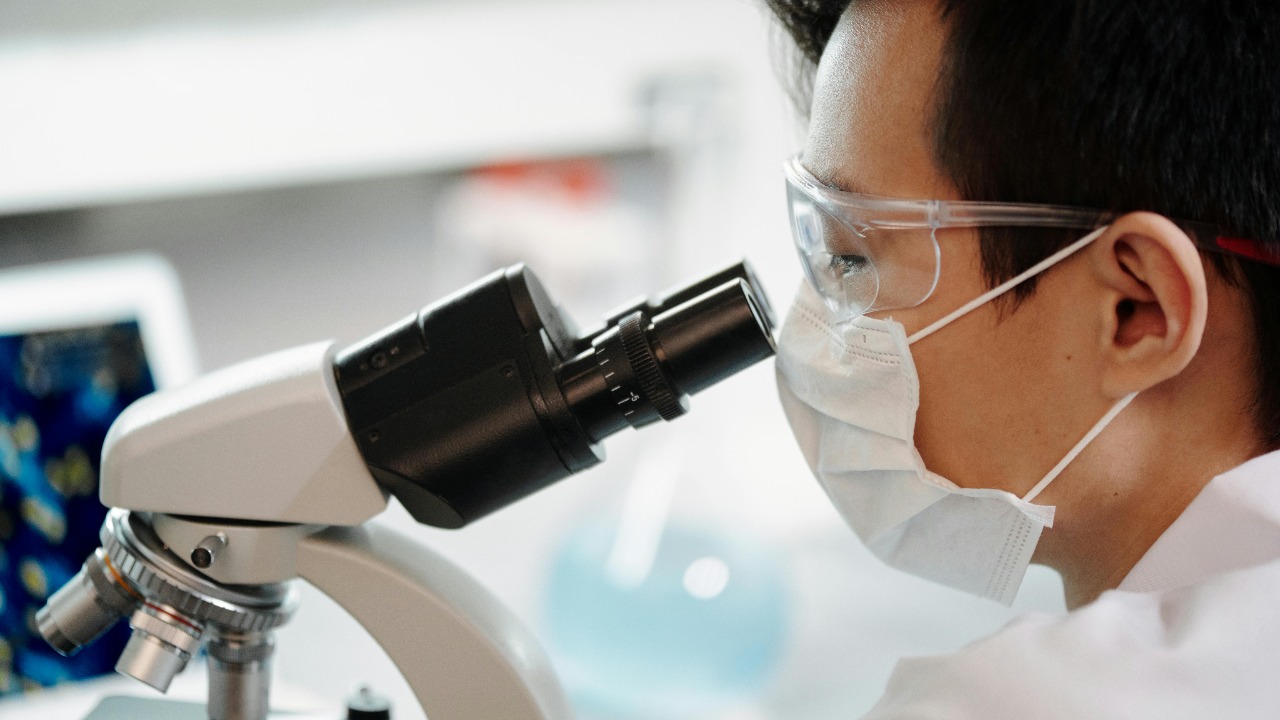
The discovery of new marine species has wide-ranging implications. From a scientific perspective, these discoveries can provide valuable insights into the evolution and adaptation of life forms. Additionally, new species can contribute to the development of new medicines. For example, compounds derived from marine organisms have shown promise in treating diseases like cancer and Alzheimer’s.
New species also play a crucial role in understanding ecosystem dynamics. The discovery of a new species can shed light on food webs, species interactions, and the overall health of the ecosystem. Such discoveries can inform conservation and management strategies, helping to preserve the biodiversity of our oceans.
The Role of AI in Conservation Efforts
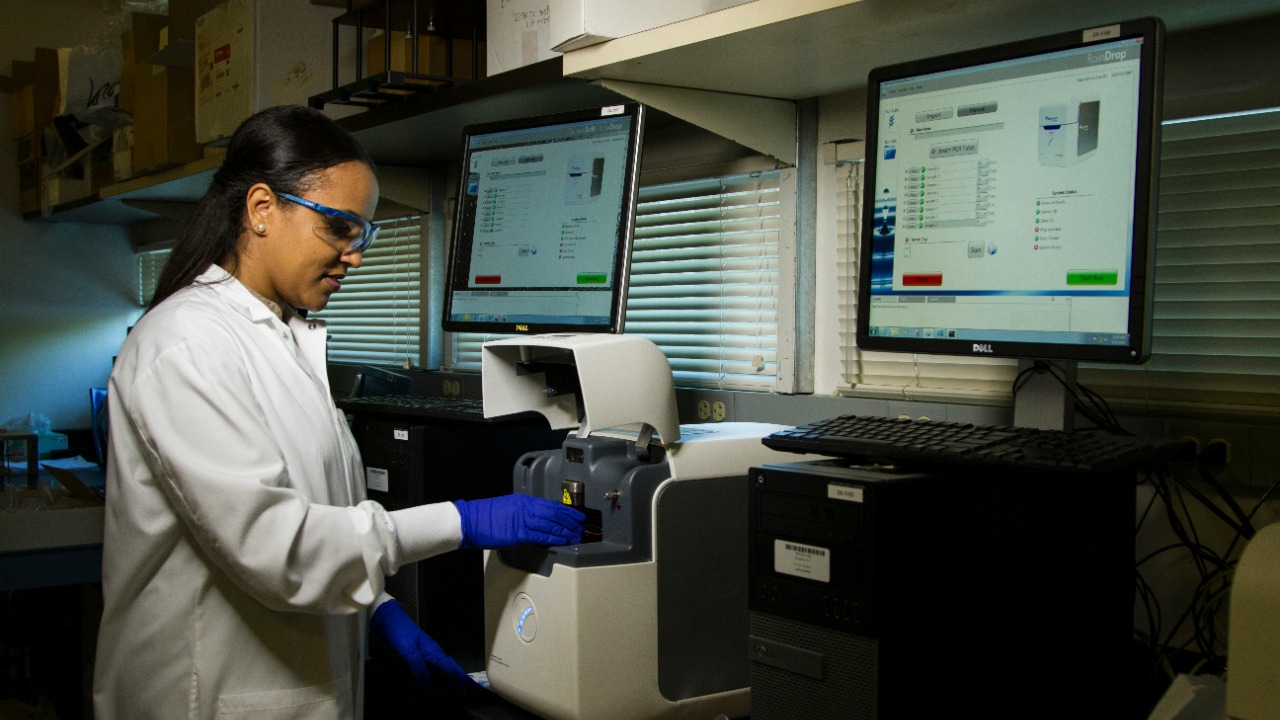
AI also plays a significant role in conservation efforts. By monitoring marine ecosystems, AI can identify changes in the environment or the behavior of species, allowing for early intervention. For instance, AI-powered drones are being used to monitor endangered marine species and their habitats.
Furthermore, AI can help predict and mitigate the impacts of climate change on marine biodiversity. By modeling different climate scenarios and their potential impacts on marine life, AI can provide valuable insights to policymakers and conservationists. For example, a study published in Frontiers in Marine Science discusses the use of AI in predicting the effects of climate change on coral reefs.
Ethical Considerations in the Use of AI in Marine Biology

While the benefits of AI in marine biology are clear, it’s important to consider the ethical implications. The use of AI-driven technologies must be balanced against potential harms, such as the risk of disturbing marine ecosystems or invading the privacy of marine species.
The responsible and sustainable use of AI in marine biology is crucial. This includes ensuring that data is collected and used ethically, and that AI technologies are deployed with minimal impact on the environment. The goal should always be to use AI to enhance our understanding and protection of the marine world, without causing harm.
The Future of AI in Marine Biology

Looking ahead, the field of marine biology is set to be transformed by AI. We can expect advancements in AI-powered technologies that will allow us to explore the depths of the ocean like never before, uncovering new species and gaining insights into marine ecosystems.
The implications of AI-driven species discovery are far-reaching. Not only can it enhance our understanding of marine biodiversity, but it can also inform conservation efforts, helping us to protect our oceans for future generations. As we continue to unravel the mysteries of the ocean, AI will undoubtedly play a central role in our explorations.